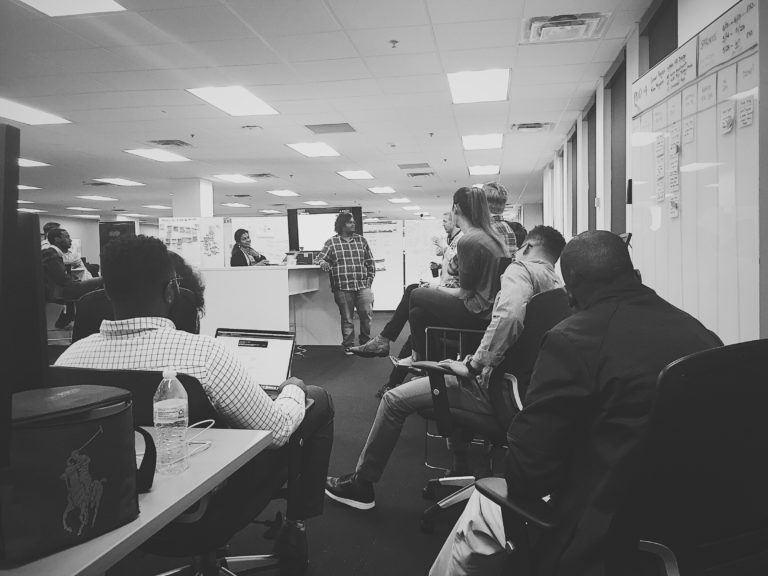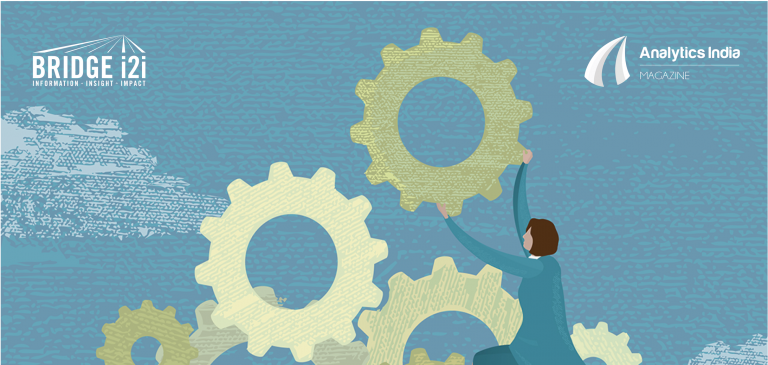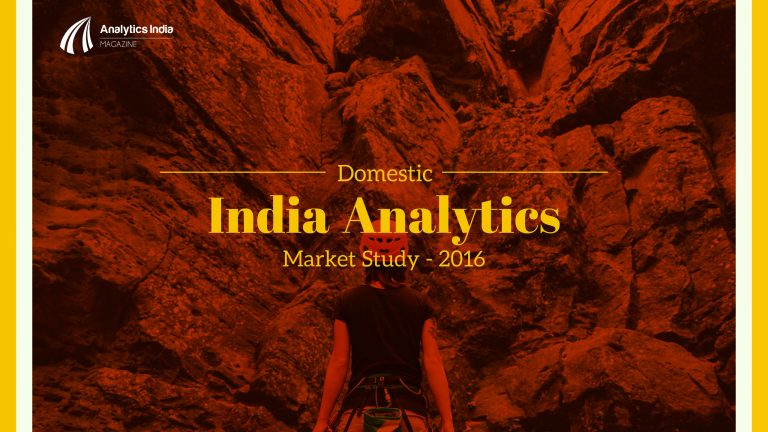There are a few diverse challenges that are perhaps at best partially surmountable. It may be worthwhile remembering these probable limitations while making significant investments decisions in building analytical prowess. The expected returns from such investments need to be tempered based on the possibilities of such constraints.
They are as follows:
- Analytics cannot be used significantly for new initiatives, that is, in greenfield areas since the process largely uses past data already available. Past data used by analytics can largely validate (identify) what has worked/not worked, etc., but in the absence of historical data, analytics is very rarely able to provide insights about new (greenfield) initiatives. Of course, one may be able to build surrogate analysis based on data from indirect sources. However, the appropriateness of such analysis in the context of decision-making is always a moot point.
- In preparing for ‘black swan’ problems/risks, mainstream analytical tools are of little use. Black swanrisks are defined as high-profile, hard-to-predict, and rare events that are beyond the realm of normal expectations; such outlier events carry much larger threats and uncertainty (Taleb, 2010). As on date, mainstream analytics is still not sophisticated enough to predict (identify) such risks.
- Analytics is also seen as an application that kills creativity in decision-making as it is more of a diagnostic and tends to be regressive in approach. Over time it may kill gradual development of decision leaders and instincts that come from heuristics. Non-analytical decision-making may defy logic and may be out-ofthe- box but at times can give surprisingly better decisions and direction to problem-solving. The challenge for leaders of tomorrow would be to sense the balance between data-driven decisions and the leeway to be given to experience and creativity (Mcfee & Brynjolfsson, 2012).
- Also, the critiques believe that most organizations are going after analytics because of its “snob” value. Rather than being an opportunity, it has become a compulsion to adopt for the fear of being left alone in the bandwagon. Analytics is still not used in the major part of decision-making (Bloomberg Survey, 2011) in spite of being fully functional and hence may be a fad that may run a little longer.
- The steep learning curve, skill and technological requirements, change management issues, investments and time taken in analytical deployments vis-a-vis the time it takes to generate results is a big risk that organizations take when going forward with analytics. And, if analytical implementation and adoption is not smooth, it brings additional problems and increased frustration of policy makers. Also analytics requires the organization’s culture to be tuned to a large extent which takes further effort on the part of the managers who may be already too steeped to consider it worth the effort.
- Employees at all levels may feel redundant at times. For instance, the frontline operational staff may feel as if they are data entry operators and mid or top level employees may see analytics as a threat to the power they might have enjoyed as standalone ‘instinct’ decision- makers.
- With too much data comes too much power and the critiques of analytics fear misuse of such power to flout ethical norms through analytics. For example, following a net surfer through web analytics and using precision marketing to flash promotions of exactly the same products that he or she might have browsed (even a day before) may be seen as invading the net users’ privacy. Similarly, people browsing health websites may be tracked down and unwontedly mailed insurance plans, and the consumer may feel he/she had been unethically subjected to spam mails. Interestingly, use of analytics can actually go to an extent that it becomes corrupt, like the famous case of the Government of Netherlands that used data from one of the major route-mapping GPRS device company (Tom Tom) to implant speed traps, which were later withdrawn on public outcry!
- Also, there has always been a huge hue and cry over existing data and technology – loopholes – like data security, data outsourcing, crashing servers, and disruptive technology changes which may render analytics defunct and organizations and customers in a disgruntled state.
Republished on authors consent from Vikalpa



















































































